Last Friday (2nd Feb 2024), the Climate Creatives Challenge announced the winners of Challenge #04 (Coastal Change), with 1st place awarded to the Coasts for Kids (C4K) video series. The Climate Creatives Challenge is a biannual global initiative that promotes creative and innovative climate communication, including the positive actions that can be taken to mitigate and adapt to change. Challenge #04 (Coastal Change) received submissions from 56 countries in a wide range of formats.
The judges said:
“Wickedly informative, and utterly delightful. Precious voiceovers, and learned important information in an engaging new way. I would love to continue rooting for Coasts for Kids well after this challenge concludes!”
“Fantastic teaching aid, pitched at the generation most affected in a wholly accessible way. Explains complex issues simply and effectively.”
“This series is really wonderful and such a credit to the project team.”
C4K explains coastal processes, issues (such as sea level rise) and management in short videos narrated by 6-8-year-old children, using animation and language accessible to primary school children (age 6+). You can read more about C4k in this BU Research Blog | ‘Coasts for Kids’ – explaining coastal processes to children | Bournemouth University.
Dr Luciana Esteves (Dep. Life & Environmental Sciences, FST) was part of the team of coastal scientists, educators, practitioners and artists who worked on the writing of C4K.
 The Science, Health, and Data Communications Research Group invites you to our Autumn-Winter 2021 research series. These talks are open to the public, and encompass topics on representations of women scientists in the media, health inequalities and COVID-19, how comics are used for health messages, and how politics drives decisions around health and science.
The Science, Health, and Data Communications Research Group invites you to our Autumn-Winter 2021 research series. These talks are open to the public, and encompass topics on representations of women scientists in the media, health inequalities and COVID-19, how comics are used for health messages, and how politics drives decisions around health and science.
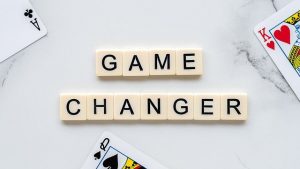 I invite you to join us in developing our proposal for Sustainable Storytelling for Science & Health as a
I invite you to join us in developing our proposal for Sustainable Storytelling for Science & Health as a 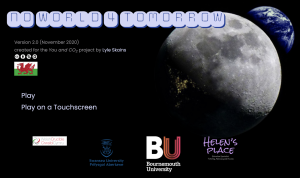

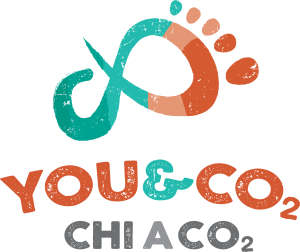
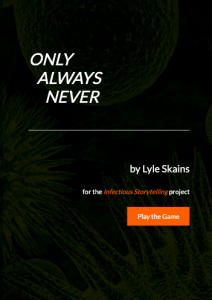
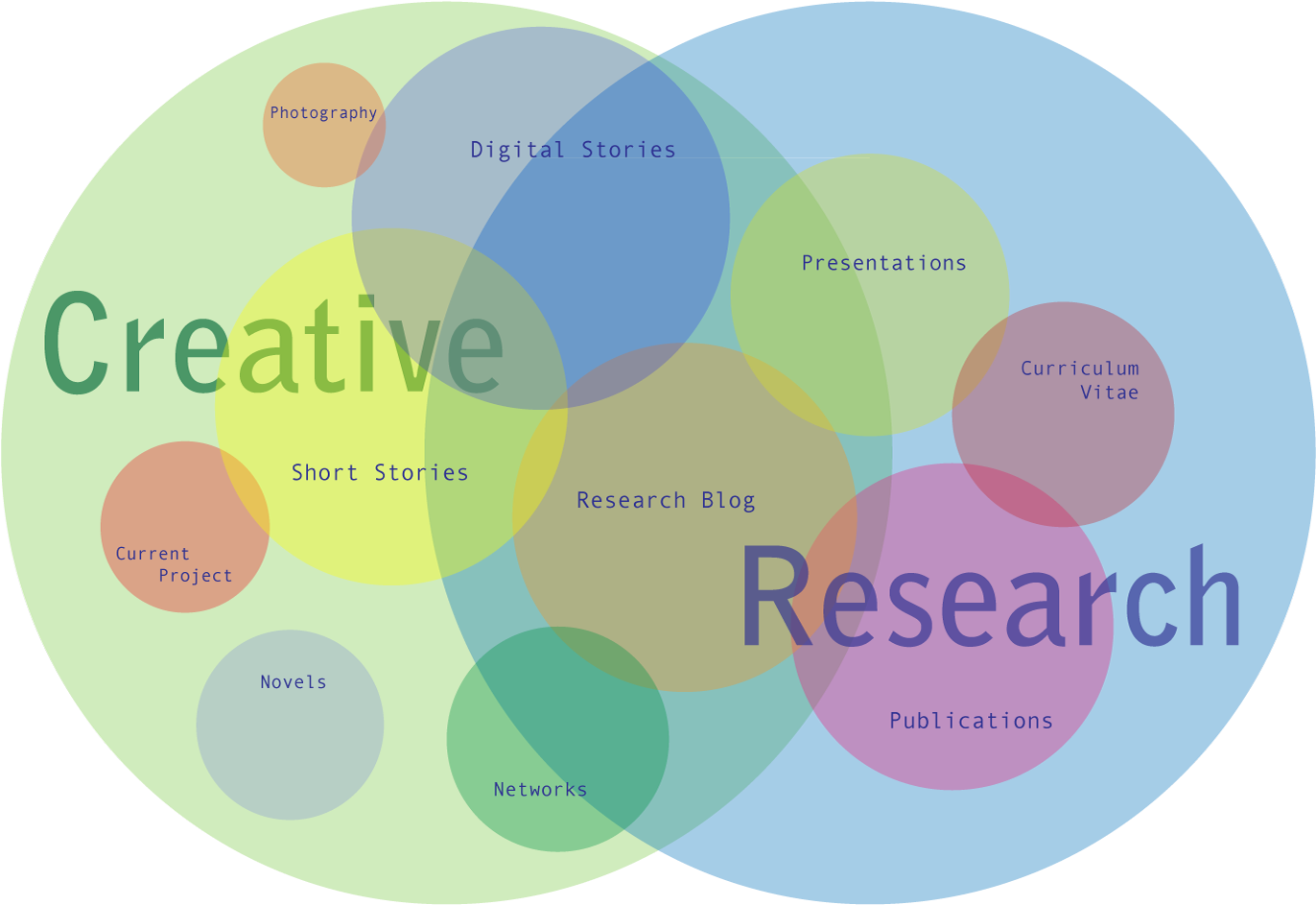
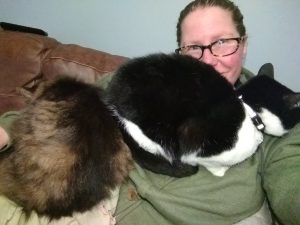













 Beyond Academia: Exploring Career Options for Early Career Researchers – Online Workshop
Beyond Academia: Exploring Career Options for Early Career Researchers – Online Workshop UKCGE Recognised Research Supervision Programme: Deadline Approaching
UKCGE Recognised Research Supervision Programme: Deadline Approaching SPROUT: From Sustainable Research to Sustainable Research Lives
SPROUT: From Sustainable Research to Sustainable Research Lives BRIAN upgrade and new look
BRIAN upgrade and new look Seeing the fruits of your labour in Bangladesh
Seeing the fruits of your labour in Bangladesh ECR Funding Open Call: Research Culture & Community Grant – Apply now
ECR Funding Open Call: Research Culture & Community Grant – Apply now ECR Funding Open Call: Research Culture & Community Grant – Application Deadline Friday 12 December
ECR Funding Open Call: Research Culture & Community Grant – Application Deadline Friday 12 December MSCA Postdoctoral Fellowships 2025 Call
MSCA Postdoctoral Fellowships 2025 Call ERC Advanced Grant 2025 Webinar
ERC Advanced Grant 2025 Webinar Update on UKRO services
Update on UKRO services European research project exploring use of ‘virtual twins’ to better manage metabolic associated fatty liver disease
European research project exploring use of ‘virtual twins’ to better manage metabolic associated fatty liver disease